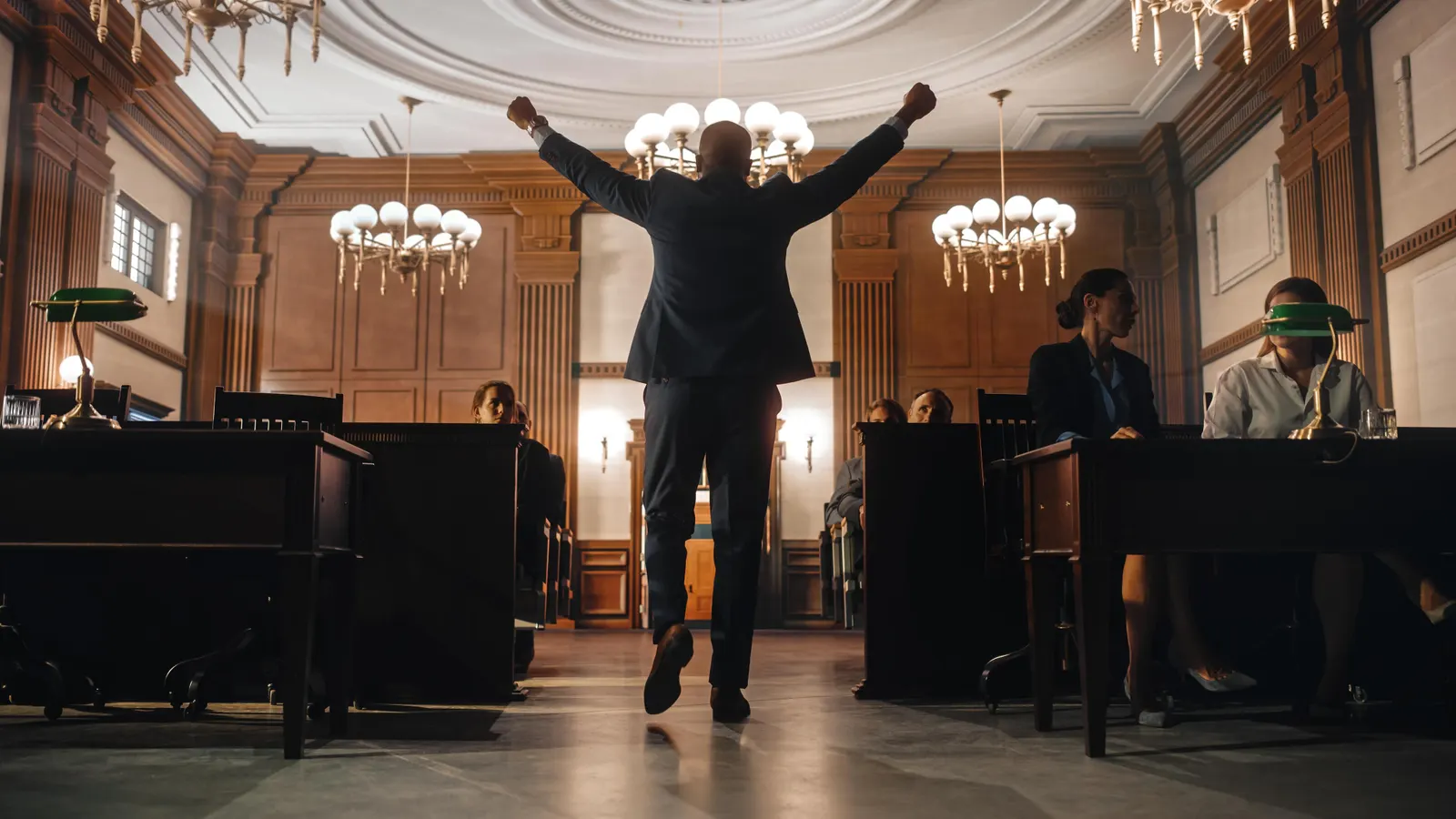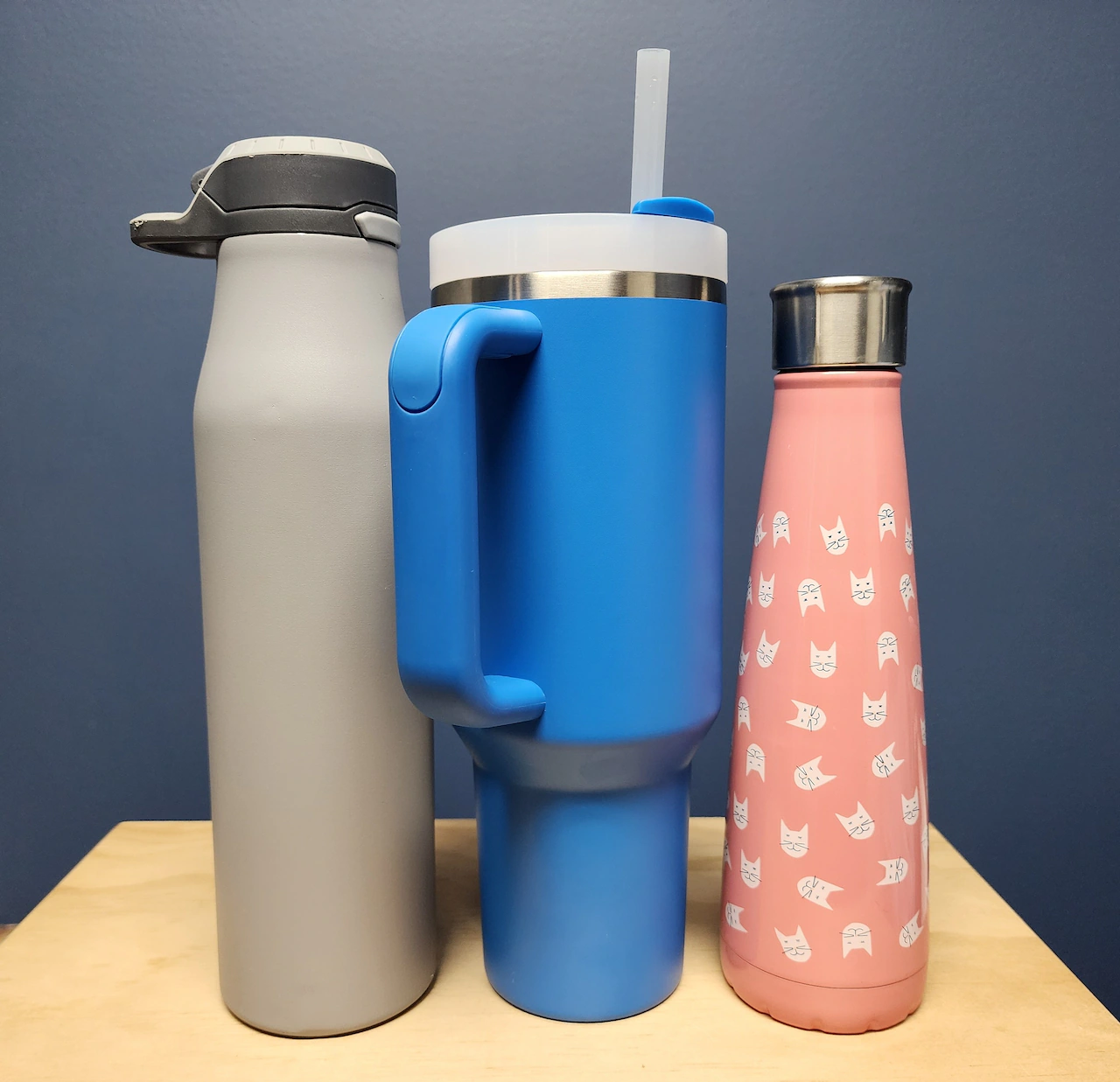By Forbes Staff,Liane Jackson
Copyright forbes

The lawyers on our Top 250 list are a master class on what it means to be at the forefront of innovation, execution and success. Whether defending the free speech rights of social media companies like Ambika Kumar, co-leading antitrust litigation against the NCAA like Steve Berman, or suing for relief on behalf of Epstein victims like Sigrid McCawley, the practices are varied but the common denominators are the same: exceptional capability along with a deep dedication to client and craft.
“It’s a profession first and a business at least second, if not way below that,” says criminal defense attorney Marc Agnifilo, who most recently obtained a split verdict in music mogul Sean “Diddy” Combs’ trial on charges including racketeering and sex trafficking, averting a potential life sentence. “You want real dedication. This is hard, important work. You want someone who’s really going to fret over your case.”
Some matters may land on the wrong side of public opinion, or may mean taking on powerful interests, but our listmakers have risen to the challenge. Veteran litigator Abbe Lowell left a successful practice at Winston & Strawn to have more control over what cases to take and what fees to charge. He no longer worries about taking on controversial cases—often a concern at large firms. Lowell’s clients have spanned the political spectrum, including Ivanka Trump and Jared Kushner, while current clients include New York Attorney General Letitia James, Federal Reserve Governor Lisa Cook, former national security advisor John Bolton and former Trump-appointed CDC director Susan Monarez—all of whom have been targeted in recent months by the administration.
“All cases are personal—it is someone’s career, business or family involved and helping them is its own reward,” Lowell says. “All clients come to us with the understanding that we’re willing to challenge the government when needed, so we don’t have the same limitations [as a big firm].”
The number of prominent lawyers breaking from Big Law to create boutique practices continues to grow. As technology becomes more sophisticated and third-party vendors offer everything from billing to case management to remote reception, running a small but competitive practice is more viable than ever.
Veteran litigator Karen Dunn left Paul Weiss in May to co-found Dunn, Isaacson, Rhee, with a trial team focused on high-stakes matters. Her clients include Apple, Google, Uber and Beats. Dunn is also known for winning a groundbreaking jury verdict in the civil rights case against the leaders of the neo-Nazi movements responsible for the violence in Charlottesville, Virginia. With sought-after legal skills and high caliber partners, Dunn has been able to assemble a nimble practice with “a legal SWAT team” that is capable of optimizing results for clients.
“In recent years, we have noticed that clients have become more comfortable sending their most significant, business-critical matters to boutiques,” Dunn says. “Our motivation was to build a modern, independent law firm that could bring a fresh, more efficient approach to taking on the biggest cases.”
Top Lawyers In The Changing Landscape
But it’s not just boutique practices—law firms of all sizes are seeking to streamline operations and increase competitiveness, which in an age of evolving AI has led to a technological arms race. Christa Brown-Sanford, firmwide chair of IP at Dallas-based Baker Botts, says evaluating and harnessing artificial intelligence opportunities are at the forefront of her practice, with the firm working on developing its own tools that fit their specific needs.
“We’re looking at it in two different ways—one is how can we perform our job more efficiently and the second way is how can we rethink the delivery of legal services in the context of AI.”
Artificial intelligence platforms are transforming traditional law firm business models, from billing practices to legal research. In less than two years, wariness about the implications of the technology has given way to enthusiastic adoption, as firms and clients recognize the potential.
“Over the last 18 months the number of clients asking about it has increased dramatically,” Brown-Sanford observes. “At first it was, do not use it; and now it is, how are you using it and if you’re not using it we’re telling you ways that you can because we want you to also be efficient. So it’s very interesting the shift that has occurred, and how quickly.”
Attorneys are also working to create specialized practices, positioning themselves as experts in the field capable of handling everything from workplace tech adoption to litigating cases involving the use of AI. In early September, Susman Godfrey’s Justin Nelson finalized a $1.5 billion settlement on behalf of a class of authors alleging Amazon-backed Anthropic had illegally downloaded and copied millions of books to train its AI system. Nelson, who has become a go-to AI litigator, is also Interim Lead Class Counsel on behalf of media organizations in the MDL alleging copyright infringement against OpenAI and Microsoft.
DTO Law cofounder and managing partner William Delgado has a background in electrical engineering and specializes in IP litigation, and is focused on leveraging AI for his firm without compromising the work product for clients, which include Honda and Costco. Over the past six years, the LA-based boutique, started by former Big Law partners, has grown from five attorneys to 23. Delgado is pacing growth, including AI, and it’s been a measured process.
“How can we reduce the burden on the admins by having AI do some of the stuff they had been doing?” Delgado says of the decision-making. “And then how do you go to the next step and leverage these newer AI tools to create work product in a hyper- effective way, but in a way that you’re not hallucinating or creating something not useful but rather something that is extremely useful for the client.”
Indeed, AI has been a double-edged sword, with lawyers also dealing with the dark side of an emerging tech that can be exploited by bad actors. Mitchell Schuster, Meister Seelig & Fein’s litigation chair, is known for a high profile client base seeking crisis management along with legal help. He represents actor-director Justin Baldoni in ongoing litigation with Blake Lively, who filed a complaint in December alleging sexual harassment and a smear campaign while filming and promoting their film It Ends With Us. And in July, Schuster settled a case for NFL Hall of Famer and media personality Shannon Sharpe after an ex-girlfriend demanded $50 million for alleged sexual assault and battery.
“We are currently in a very litigious environment,” Schuster says. “My clientele—which is largely comprised of athletes, entertainers and high–net worth individuals—already have targets on their back given who they are, what they do or how much they have earned. Social media, artificial intelligence and deep fake have created even more opportunities for clients to be taken advantage of.”
As litigation in the celebrity scandal space has intensified, defendants are often deploying new strategies, with some going on the offensive, working to beat accusers to the court of public opinion. It’s something plaintiff’s attorney Kristen Gibbons Feden is seeing more often. Her first big case was prosecuting Bill Cosby for sexual assault as an assistant district attorney with the Montgomery County Prosecutor’s Office. Now working as a civil litigator with Anapol Weiss in Philadelphia, she continues to represent survivors of sexual abuse and gender violence. She’s currently handling mass tort cases against Roblox for alleged sex exploitation of young children and against the state of Illinois on behalf of individuals who say they were abused by staff members at juvenile detention centers. Gibbons Feden says plaintiffs face new challenges such as defendants challenging pseudonymity or countersuing for defamation, but she believes the #metoo movement was a game changer.
“Survivors are still feeling empowered to speak out,” Gibbons Feden says. “Society changes and the more we have survivors willing to come forward, which the #metoo movement pushed, there is overall a change for the better.”
Change is the one constant in life and in law. But successfully navigating a shifting landscape requires extraordinary dexterity, prescience and skill. The 250 lawyers on our list represent some of the most illustrious practitioners in the country—powerhouses capable of guiding their clients, championing their causes and being the best at what they do.
As with all Forbes lists, candidates do not pay any fee to be considered. For questions about this list, please contact lawyerlist [at] Forbes.com.
Got a tip? Share confidential information with Forbes.
Editorial StandardsReprints & Permissions



